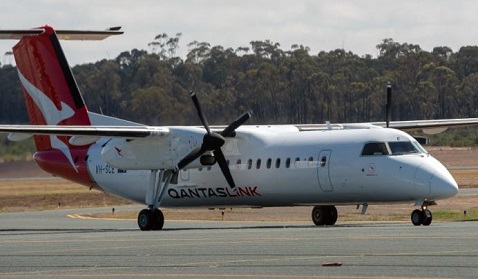Low economies of scale continue to drive high regional airfares, the Australian Competition and Consumer Commission (ACCC) said this week.
Regional airports can also struggle with low economies of scale, the national competition regulator said.
“Air services fulfil an important role keeping regional communities connected with the rest of Australia,” the ACCC said in its Airline competition in Australia: Report 5 published this week
“However, the low number of passengers on regional routes can mean many of these communities do not benefit from competition and face higher airfares and less discounting.”
Higher fuel, labour, and maintenance costs were also cited as reasons why airfares are often higher on regional routes.
The ACCC report noted that Qantas had extended its dominance on regional routes during the pandemic.
On routes connecting larger cities to regional locations, the airline carried 70 percent of passengers in June, up from 63 percent pre-pandemic. It also carried almost nine in every 10 passengers travelling between two regional locations.
“In contrast, both Virgin and Rex have reduced their regional networks. The most significant reduction is by Virgin, which has cut its regional operations by almost a third between June 2019 (56 routes) and June 2021 (38 routes).”
A Senate committee inquiry report into the future of Australia’s aviation sector post-Covid is expected to be handed down shortly.
The Australian Local Government Association (ALGA) lodged a submission to the inquiry in December 2020 which stated that Commonwealth support to the aviation industry during the pandemic has not adequately assisted airports.
The exclusion of local governments from JobKeeper [has also] disproportionately affected council-operated airports and the communities they serve in regional and remote Australia,” the submission said.



